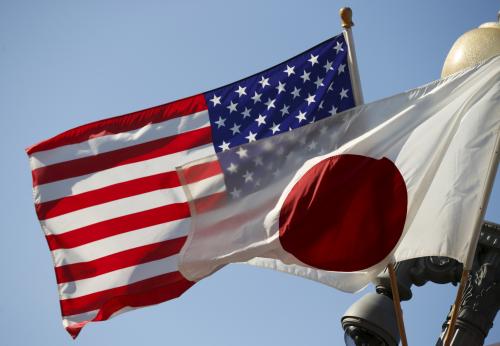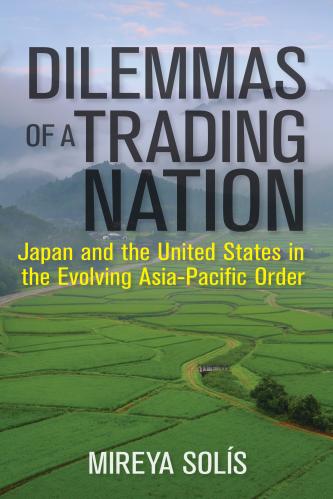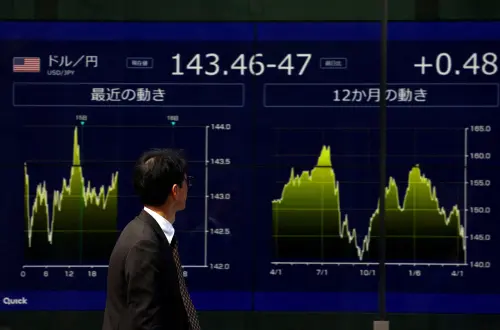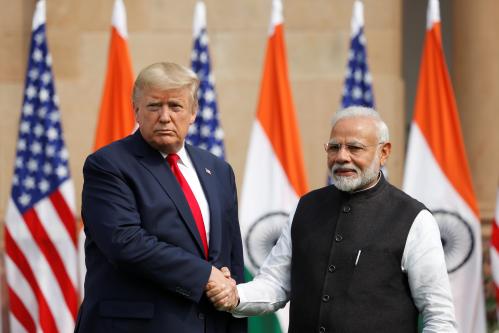This piece was originally published by the journal México y la Cuenca del Pacífico.
No bilateral relationship matters more to Japan than the one with the United States. From wartime foe and occupying force, the United States morphed into Japan’s indispensable security partner, becoming its anchor for a successful reintegration into the postwar international system. The basic deal undergirding the U.S.-Japan alliance remains intact: the extension of the U.S. nuclear umbrella protection in exchange for Japan hosting American military bases that are at the heart of U.S. forward military projection in the critical Asian region. But if there is a constant in the U.S.-Japan relationship, it is its perpetual transformation.
The bilateral relationship is now entering uncharted territory. U.S. domestic politics proved to be the black swan of our era, ushering in the Trump presidency. His “America First” policy, with its transactional view of alliances and its brazen economic unilateralism, challenges key pillars of the U.S.-Japan relationship.
The Brookings Institution is committed to quality, independence, and impact.
We are supported by a diverse array of funders. In line with our values and policies, each Brookings publication represents the sole views of its author(s).





Commentary
US-Japan relations in the era of Trump
Navigating the turbulence of “America First”
September 3, 2019